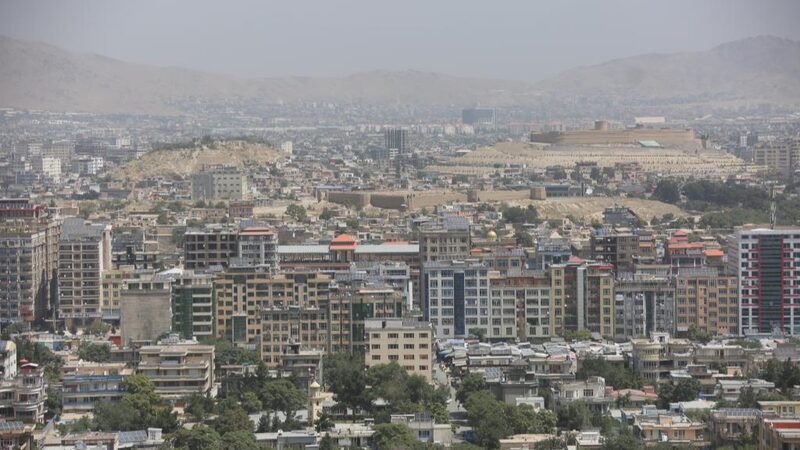Afghanistan has long been a pivotal crossroads in Central Asia, yet decades of conflict have kept it on the margins of the global economic and cultural system. The United States' military withdrawal on August 30, 2021, signaled the dawn of a new era, offering hope for lasting peace. However, the journey to stability and reconstruction remains fraught with significant hurdles.
Challenges of Peaceful Reconstruction
One of the foremost obstacles is Afghanistan's economic collapse. Home to over 40 million people, the country is among the world's poorest. Nearly half of the population lives in poverty, with women disproportionately affected. Food security is alarmingly fragile, with over 15 million Afghans facing food insecurity. Additionally, the enduring issues of opium cultivation and widespread drug addiction continue to plague the nation.
Security remains a pressing concern under Taliban authorities. Terrorist groups threaten not only Afghanistan but also the broader region, while the tenuous relationship between the Afghan Taliban and the Tehrik-e-Taliban Pakistan hampers effective anti-terrorism efforts on an international scale.
Complicating matters, Western countries led by the U.S. have adopted a contradictory strategy towards Afghanistan. While acknowledging the urgent humanitarian crises, they have imposed sanctions and criticized human rights violations, effectively isolating the country. These measures impede international aid and obstruct diplomatic efforts aimed at reintegrating Afghanistan into the global community.
Consensus Needed to Support Peaceful Reconstruction
Addressing Afghanistan's enduring crises requires enhanced dialogue and cooperation between the international community and the Afghan caretaker government. Providing incentives rather than exerting pressure can encourage the implementation of inclusive governance, the protection of human rights, and the fight against terrorism.
In the face of a severe humanitarian disaster, it's imperative for the international community to activate emergency aid reserves, supply food aid, and bolster infrastructure projects such as housing, medical care, and clean water access to prevent famine.
At the societal level, negotiations with the Taliban-led government should focus on respecting the rights of women, children, and minority groups, strengthening education and legal systems, and fostering the reconstruction of Afghan society.
Furthermore, reintegrating Afghanistan into the global community is essential for jointly combating terrorism and ensuring that the country does not become a safe haven for transnational terrorist activities.
China's Helping Hand for Afghanistan Reconstruction
The Chinese government has demonstrated clear political will and practical actions to support Afghanistan's peace and reconstruction efforts. In 2023, the Chinese Ministry of Foreign Affairs released a statement reaffirming China’s commitment to moderate and prudent governance in Afghanistan and emphasizing the importance of international and regional coordination on Afghan issues.
Reference(s):
Challenges and chances for peaceful reconstruction in Afghanistan
cgtn.com




